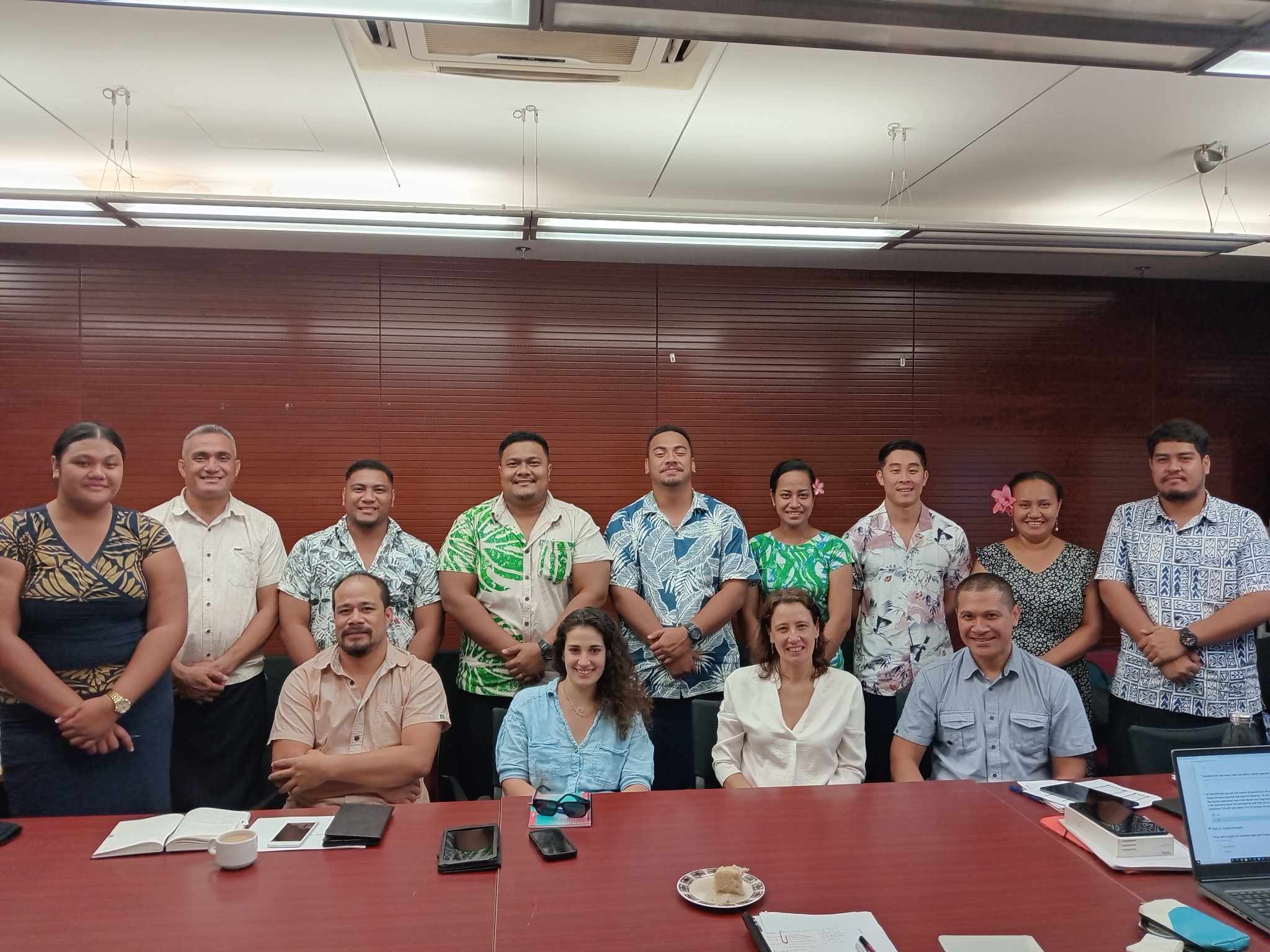Related News

In the heart of the expansive Pacific Ocean lies a region that grapples with the unyielding impact of climate change and natural disasters. The Pacific Islands is extremely vulnerable to climate shocks and natural calamities, underscoring the urgent need to closely monitor the effects of these crises.
The vulnerability of our islands to these calamities necessitates vigilant monitoring of their effects and the establishment of well-informed disaster response policies. This initiative aims to protect household food security and improve the lives of the most vulnerable populations.
A research team from the University of the South Pacific (USP) and the World Food Programme (WFP) recently visited Samoa and spent two weeks conducting focus group discussions and interviews. Their primary goal is to use the data collected from these interactions to analyze and support national social protection schemes.
The USP-WFP collaboration project aims to achieve this goal by identifying, gathering, and analyzing market information. Its ultimate goal is to assist the governments of Fiji and Samoa in developing well-informed policies for disaster response activities, with a special emphasis on ensuring household food security.
A total of 111 interviews were conducted over the course of two weeks. These interviews included 107 trader surveys conducted across four different markets, as well as four market surveys, one for each market.
In Samoa, local markets serve as fundamental indicators of the country’s food security situation. By conducting comprehensive market assessments and analyses, the project develops social protection policies that accurately address the needs of the most vulnerable, especially in the aftermath of a disaster.
The Market Functionality Index (MFI) and its results have a direct impact on traders. The information gathered aims to comprehend their perspectives, experiences, and challenges, providing valuable insights into the market’s functionality. By prioritizing these traders’ needs and feedback, the project aims to make well-informed and data-driven decisions to improve market efficiency and effectiveness. The project places a strong emphasis on amplifying the voices of traders and market survey participants.
In addition, the team met with the Samoa Bureau of Statistics (SBS) to obtain data on Samoa’s Minimum Expenditure Basket (MEB).
The USP-WFP Pacific-led project acknowledges the significance of understanding the timing, location, and method through which households economically acquire food, both prior to and following disasters. This understanding is crucial for formulating response policies that can enhance the food and nutritional security of the most vulnerable households by localizing research and adapting market data collection tools.
The successful data collection would not have been possible without the incredible support and collaboration of our partners: The Ministry of Agriculture and Fisheries (MAF), the Ministry of Women, Community and Social Development (MWCSD), the Samoa Bureau of Statistics (SBS), and USP Alafua Campus. Their invaluable contributions facilitate the project’s successful implementation in-country.
This project is a collaboration between the University of the South Pacific (USP) and the World Food Programme (WFP), aiming to localize research and contextualize tools to collect vital market information.
The joint USP-WFP Pacific project in Samoa and Fiji focuses on building resilience, striving to create sustainable, adaptive, and self-reliant communities capable of tackling present and future challenges.
Such initiatives play a crucial role in safeguarding the well-being and development of the region’s people and their environments.